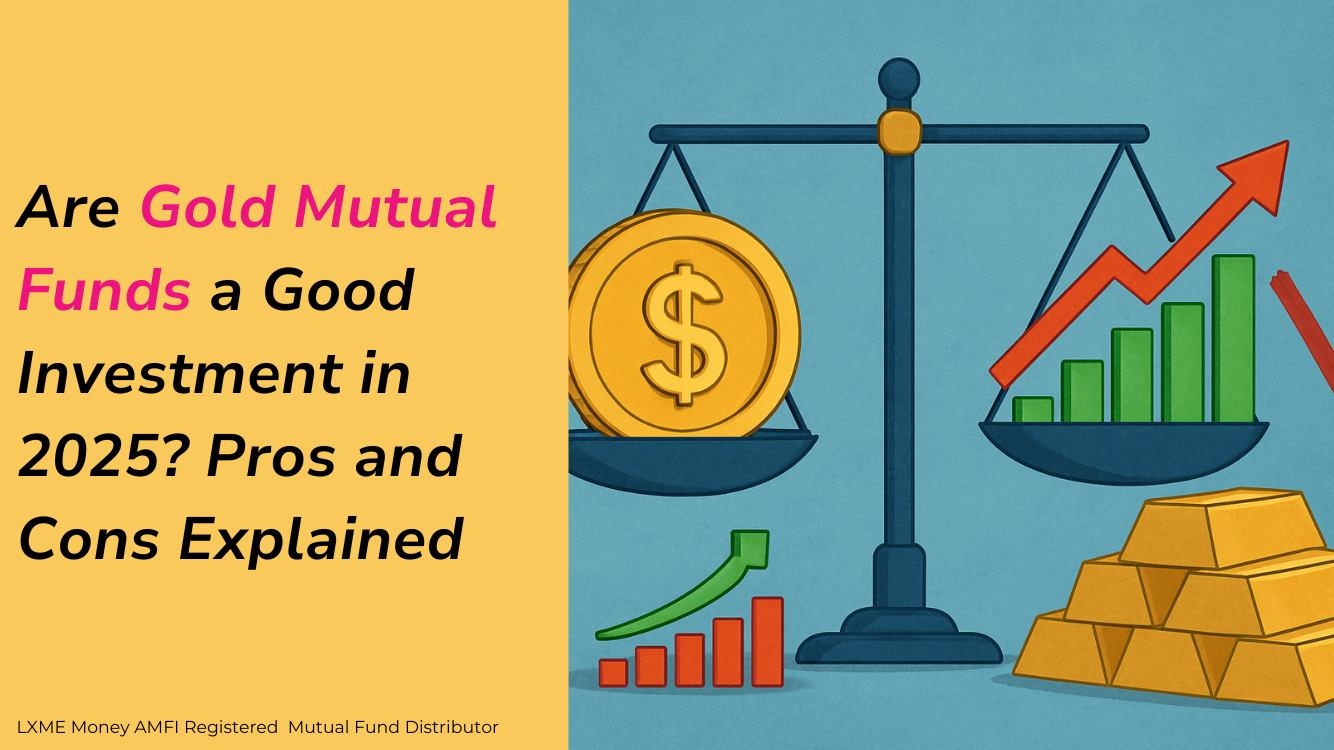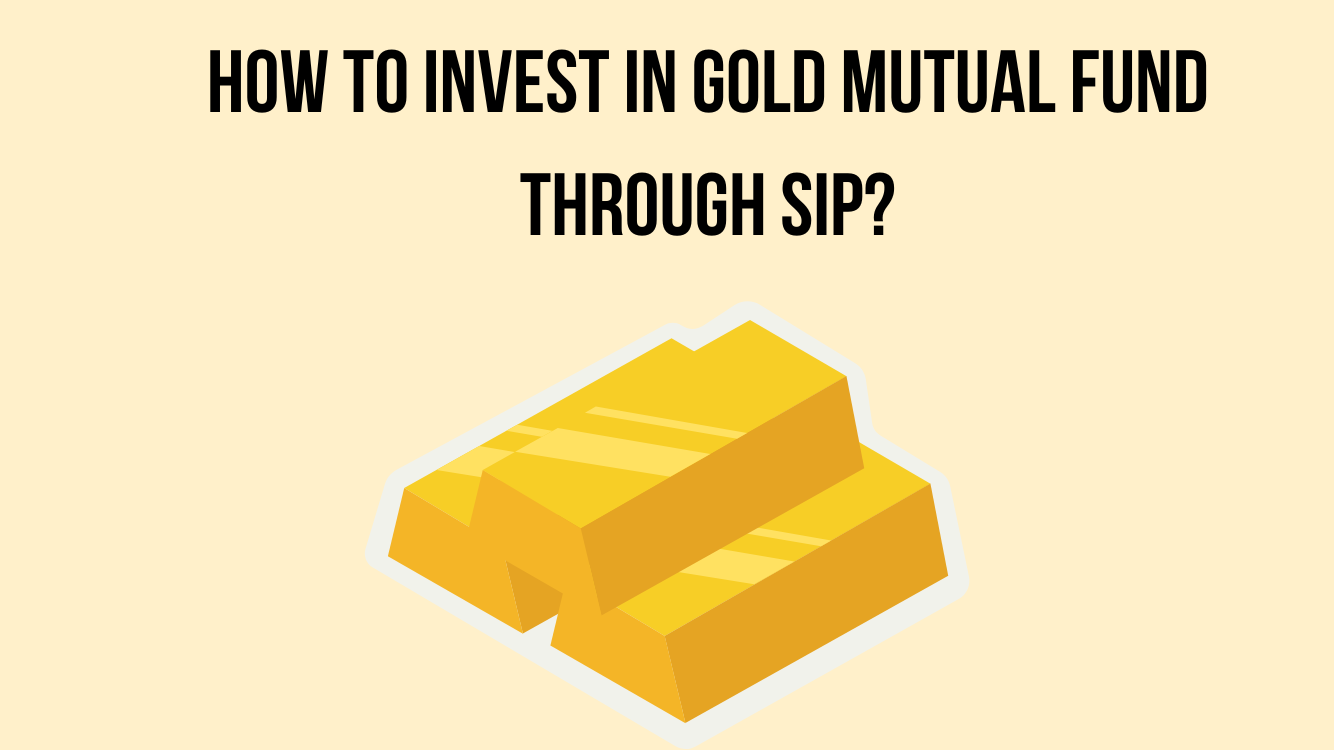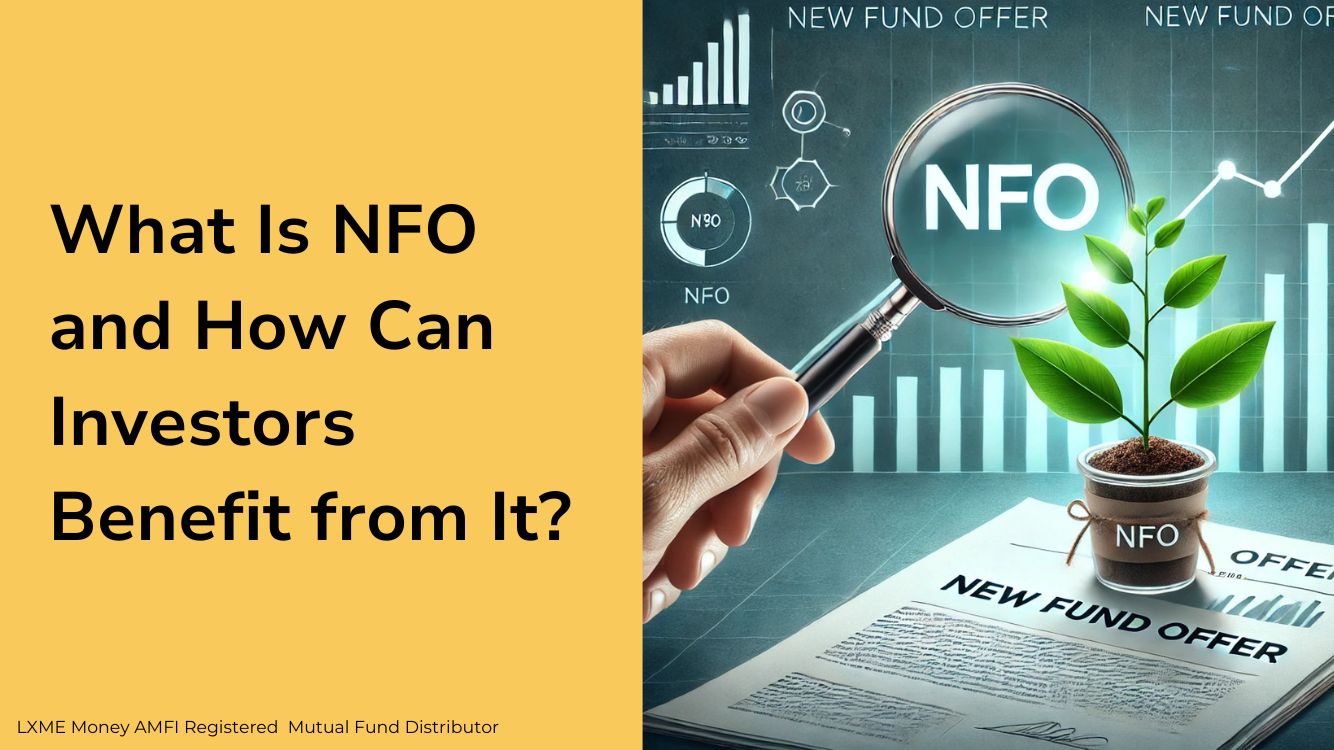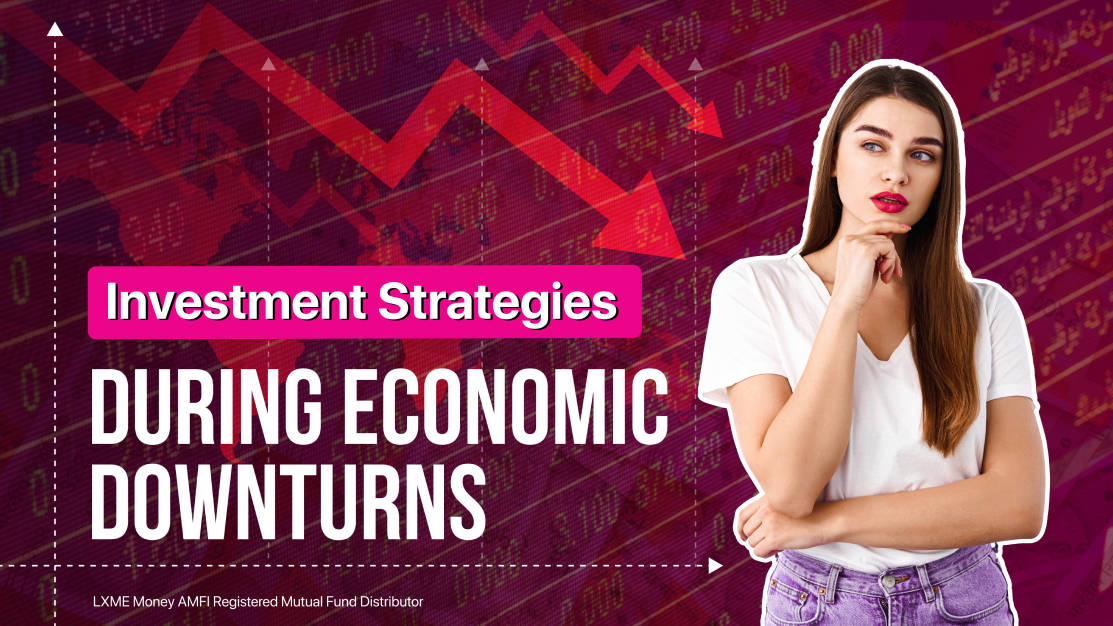Every woman must have heard the words, ‘recession’, ‘economic downturn’ or even ‘market crash’ while watching the news. These terms can be scary and it can lead a person to panic. But, as a woman on Lxme, you should know that there is no reason to be scared.
In this blog, we’ll talk about what a recession is, how to plan your investment strategy in recession and where to invest in global recession.
What is an Economic Downturn?
An economic downturn or a recession is a period when the economy is declining. In simple words, it is a time when the productivity of the economy is low and the rate of unemployment is high. But how do we know when the economy is in a decline?
Some factors that indicate that the economy is in a recession are –
Decrease in consumer spending –
People are purchasing less and there is little economic activity.
Rise in unemployment –
Job losses and an increase in the number of people who are unemployed
Fluctuations in the Market –
The markets crash and the prices of shares fall.
What are some investment strategy in recession?
Have an emergency fund
While it is important for women to invest, it is equally important to have an emergency fund during times when there is a decline in the economy. It can help you meet essential needs, provide you with a financial safety net as well as allow you to take advantage of any investment opportunities that may come up when prices are low.
Think for the long-term
Invest for the long run and have patience. The longer your money is invested, the greater the potential for return and recovery from downturns.
Invest more
During an economic downturn, the prices of shares go down and you can buy more units of a mutual fund with the same amount of money. Once the markets recover, you can gain from the rise in prices which will improve your returns.
Examine your portfolio and diversify
Examine your portfolio and determine all the instruments your money is invested in.In times of recession, it’s important to spread your risk across different asset classes. This helps in managing your risk and giving you peace of mind.
Where to invest during recession?
When investing during a recession, the key is to diversify your portfolio across Equity, Debt, and Gold. The next step is to invest based on your goals and risk appetite.
If your goal is long-term:
a) You can explore Equity as it’s an opportunity to invest for the long term and as it is an investment to beat inflation. Women can invest in equity mutual funds, especially those funds that invest in large-cap companies. These companies are typically larger and have a stable history and so, they are relatively safer to invest in even during a recession as demand for their products will remain in the market.
Check out Lxme’s Rs. 100 Equity Fund which invests in large-cap, blue chip companies, and start investing today!
b) Gold is considered a safe-haven asset and because of this, it can be one of the best investment during economic crisis. It has historically shown to maintain its value even during recession.
Note – Gold jewelry involves various costs like making charges, storage & insurance costs, GST, etc. There’s a risk of theft too! Hence, It is considered as a luxury, not an investment. If you’re planning to invest, you can explore gold investments in the form of mutual funds rather than physical gold/jewelry.
You can invest in Gold Mutual Funds with Lxme, invest now with just Rs. 100!
If your goal is for the short term:
Park majority of your funds in debt and fixed-income instruments as they are stable investments.
In conclusion, the answer to the question, ’Where to put your money in an economic collapse?’ depends on factors like your time horizon and your investment goal.
Regularly assessing and diversifying your portfolio is key to navigating an economic downturn. All women investors should keep a long-term perspective and stay focused on their financial goals while the markets recover.
You can invest in Debt Mutual Funds or FDs through Lxme, as they are well-researched and expert-curated!
FAQ’S
Should you invest during an economic downturn?
An economic downturn provides a good opportunity for investors to create wealth over the long term as they get to invest at lower prices, however, any investment requires careful research, diversification and a long-term view.
You can check out Lxme’s expert curated, goal-based, diversified portfolios to start investing!
What should I consider before investing during a downturn?
Before investing during a downturn, you should consider your financial goals, your risk tolerance, and the time horizon for which you are investing.
Share this blog with your family and friends if you find it insightful!!
Download the Lxme app for more such content!












